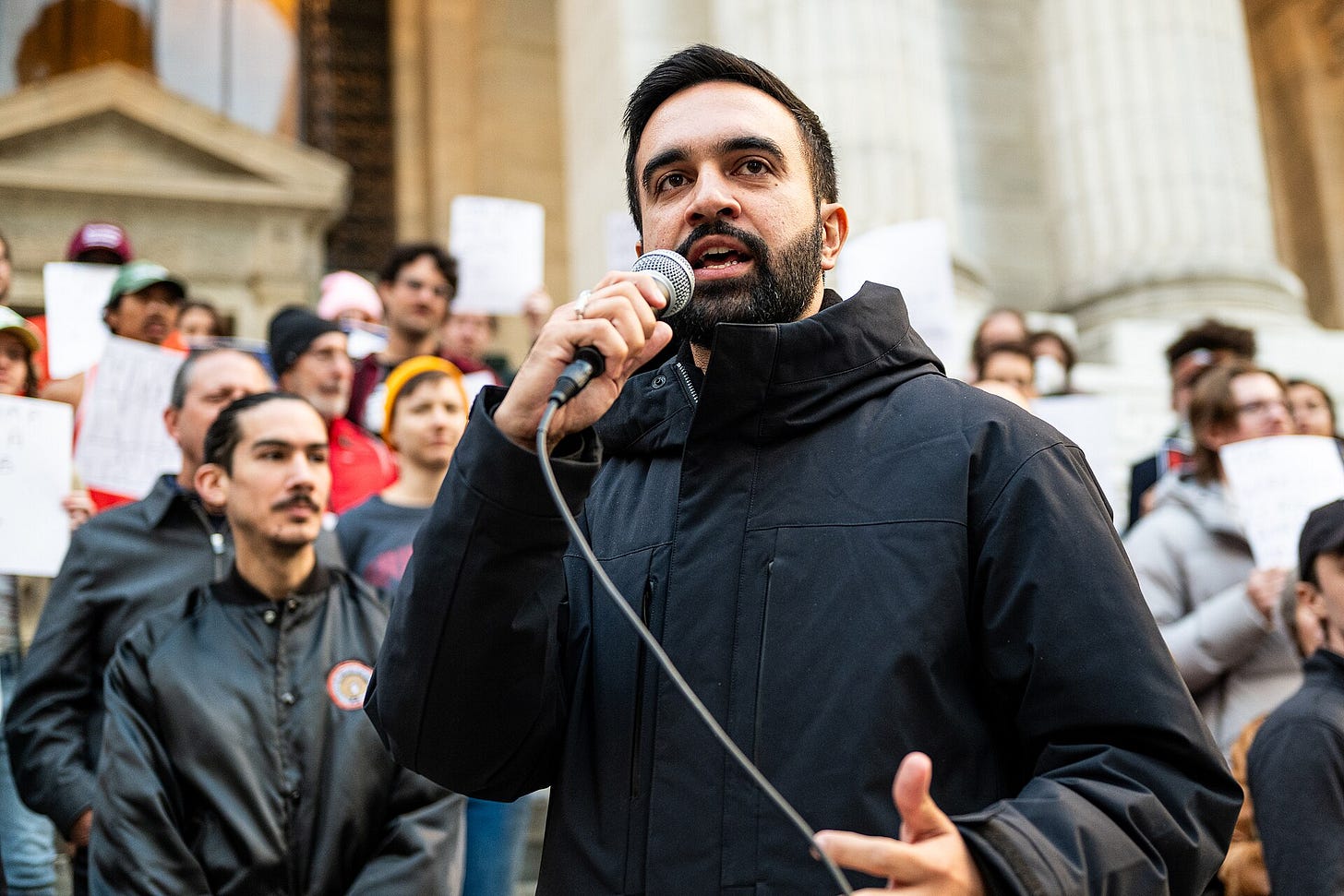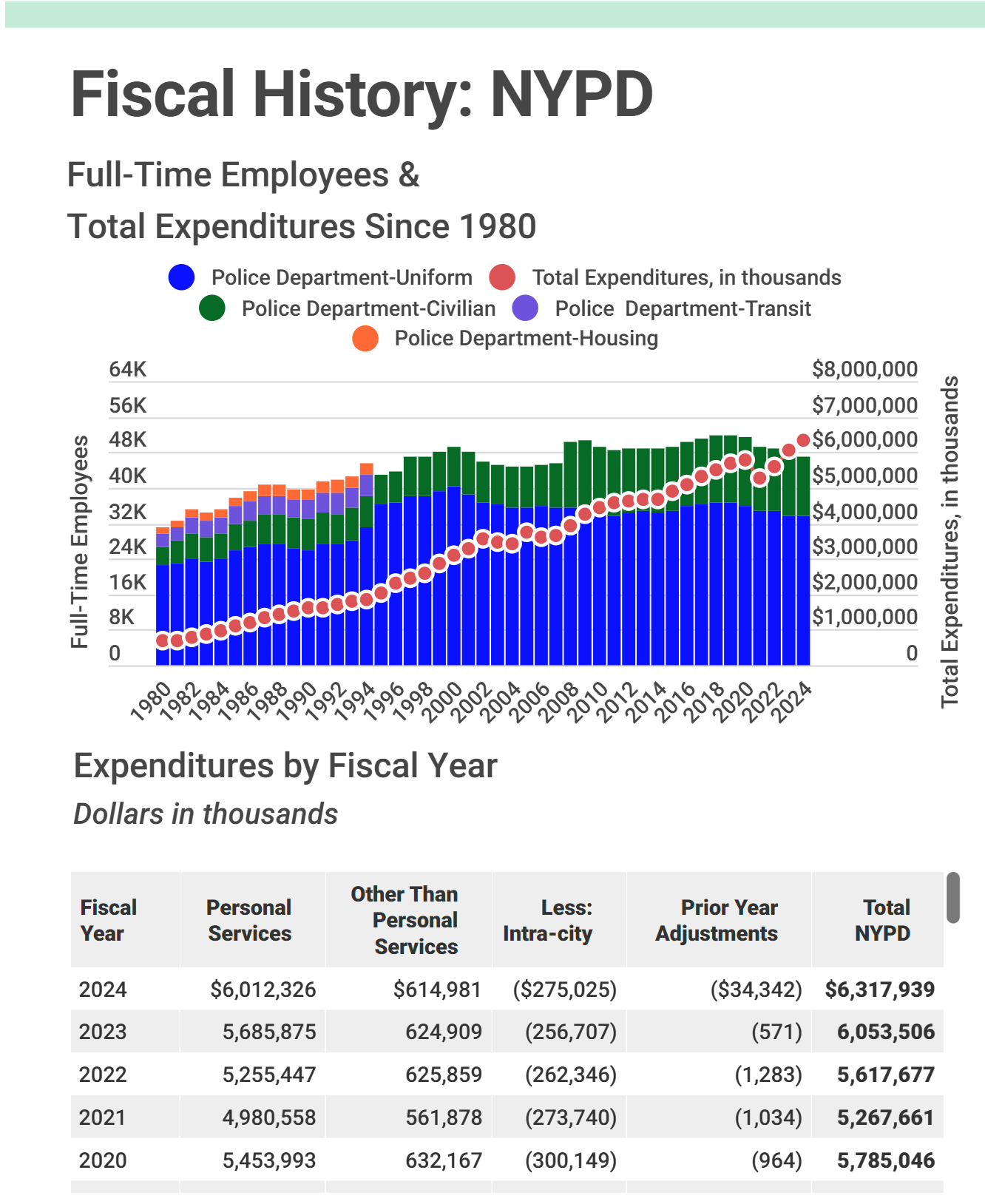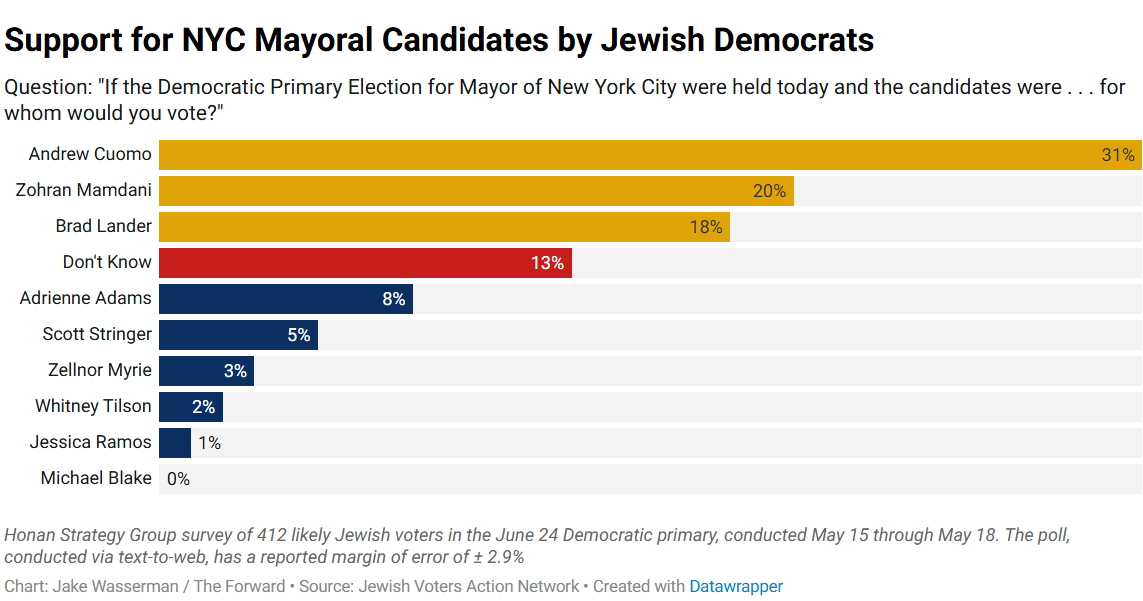The Atlantic Preemptively Calls for Regime Change in New York
Responding to “New York is Not a Democracy,” a piece seeking to undermine rising democratic socialist Zohran Mamdani in New York’s mayoral race.

American media has a long and storied tradition of serving as a mouthpiece for the foreign policy blob in their eternal quest to frame select foreign governments as illegitimate, generally on shaky pretenses based in appeals to human rights, anti-authoritarianism, or electoral integrity. Never mind our own failings on these fronts; we have no issue bankrolling and aiding despotic regimes like Saudi Arabia or Israel, who have waged years-long bombardment campaigns on Yemen and Gaza respectively using American weapons. But once your nation nationalizes the “wrong” industry, outlives its usefulness, or substantively impedes international corporations from plundering its coffers, it is certain to become the target of militaristically induced regime change, a campaign that usually employs a chorus of media figureheads singing its virtues in the name of liberal values. Now, as an insurgent socialist candidate seems to be evenly matched with the Democrats’ favorite sex pest Andrew Cuomo in the race for mayor of New York City, establishment liberals have begun employing the same rhetorical strategies used abroad against our own.
In comparing The Atlantic’s hit piece against New York mayoral candidate Zohran Mamdani to something like Iraq war propaganda, I am being a bit grandiose, though just barely. In their piece, “New York is Not a Democracy,” Annie Lowrey (the wife of Vox co-founder Ezra Klein, who recently came under fire for repackaging bog-standard neoliberal ideas as “Abundance” politics) strings together a sloppy and incoherent argument against Mamdani primarily rooted in arguing against the merits of ranked choice voting and a poor understanding of the popularity and feasibility of Zohran’s platform. It was difficult not to read this piece as a thinly veiled preemptive smear against the young candidate’s increasingly probable victory as somehow illegitimate.
The article opens with a scathing rebuke of New York’s ranked choice voting system that it employs in certain electoral races, including this upcoming mayoral primary. For added context, ranked choice voting works like so: voters can rank up to 5 candidates in a specified order. If no candidate receives at least 50% of the first-choice votes, subsequent rounds of vote counting ensue, each time eliminating the candidate with the fewest votes. Eliminated candidates’ votes are redistributed to the next available selected candidate’s pool of votes. This process continues until a candidate can secure a majority of the votes.
Voters used to choosing one contender are plotting out how to rank their choices. Moreover, they are doing so in a closed primary held in the June of an odd year, meaning most city residents will not show up at the polls anyway. If this is democracy, it’s a funny form of it.
So, the cornerstone of Lowrey’s argument is that ranking candidates on a scale of 1 through 5 is some kind of Byzantine process which demands greater strategic thinking from both voters and candidates. Not only is this insulting to the intelligence of the average voter, but also disregards the myriad democratic benefits imparted by ranked choice voting over its traditional, first-past-the-post counterpart. For starters, it enables requiring candidates to secure majority, not plurality, support without requiring runoff elections. Secondly, the idea that candidates’ voter bases can overlap with one another encourages more positive, issue-focused campaigning rather than negative, attack-focused campaigns against personalities that are often vapid and character-focused. Moreover, and perhaps most importantly, this system of voting virtually eliminates the “spoiler effect”: the idea that voting for a third candidate whose ideals align more closely with the voters’ own than either of the two most plausible outcomes could split the voter base in favor of the opposition. The specter of the spoiler effect hangs large over American elections and is a significant reason for entrenchment of the two major parties; voters are less inclined to vote for third parties if it means that it potentially empowers their opposition. But perhaps figures like Lowrey, whose institution thrives on access to major political figures, have a vested interest in preserving this entrenchment, which in turn informs these sorts of logically bankrupt perspectives.
Lowrey then proceeds to opine on the two candidates’ platforms. On Cuomo, she seems to suggest that his platform is more aligned with New Yorkers’ interests.
[Cuomo’s] centrist but decidedly Democratic politics probably best match the city’s constituents’. He’s promising good schools, a working subway, tax cuts, and more housing while bashing other candidates for failing to support the police and being soft on anti-Semitism.
Let’s take three of the cornerstone proposals from Mamdani’s campaign for comparison: free buses, universal childcare, and rent freezes. Amongst New Yorkers, they poll at 72%, 74%, and 78% respectively. These proposals are clear, concise, specific, and actionable. Ideas like “good schools” and “working subways” are broad, subjective, and suggest little about a potential action or remediation plan.
Despite Mamdani’s vivid and concrete political imagination, Lowrey derides him as inexperienced:
His résumé is thin; he worked as a campaign operative for a few years before winning a state assembly seat in 2020.
It’s baffling that we are even having this conversation in the aftermath of a second Trump victory, a real estate mogul who famously had nary any political experience before securing the White House, now twice over. Regardless, there have been many polls over the years which challenge the significance of political experience, like this poll which found that a small majority of Americans preferred political outsiders over tested veterans. This race in particular brilliantly illustrates why: the political veteran is a disgraced former governor best known for being a sexual assailant and sending COVID patients to spread illness among vulnerable populations at nursing homes.
Free buses would deprive the MTA of needed revenue. Free child care would require a mammoth tax hike that Albany would need to approve, which it has shown no interest in doing.
There it is, that old tried and true neoliberal rhetorical strategy: “How are you gonna pay for it?” It’s as though Zohran’s policy platform doesn’t contain within it a detailed revenue plan which includes pressuring the state legislature to raise the corporate tax rate to match New Jersey’s at 11.5% and implementing a 2% income tax on anyone in NYC making over $1 million. Altogether, Zohran’s proposals if enacted would net around $10 billion in revenue. Regardless of the particulars, ideologues often center these conversations around the so-called “job-creating” propensity of the upper tranches of society and how said elites may feel threatened by redistributive policies without considering the already disproportionate tax grace they’ve benefited from over the last fifty plus-odd years and the fundamental truth that funding programs, jobs, and services that make life more tenable for average people will expand their opportunities and grow the tax base from the bottom up. In other words, we need to invest in our working populations to build sustainable financial outcomes. Instituting programs that will have positive second order economic impacts and that have been demonstrably successful abroad should not be derided as fanciful pipedreams of a romantic leftist; in the global conversation, these sorts of reforms would be considered modest.
Cheap groceries, Mamdani says, could be provided by new city-run stores—which would compete with existing bodegas, delis, and supermarkets owned and staffed by New Yorkers.
I’m not sure why Lowrey insinuates that city-run grocery stores would not be staffed and operated by New Yorkers. That being said, this critique ignores one of the greatest impetuses for this program. Many lower income neighborhoods in New York City lack access to reasonable groceries because it is not profitable for private chains to operate there. This phenomenon is commonly referred to as a food desert and is linked to obesity and poor health outcomes amongst its surrounding populations. Mamdani’s city-led stores would fill these gaps left by their private sector counterparts. In essence, while these city-led stores would likely be competitive on the price of goods, their primary function would be supplemental, acting in contexts where profit seeking is not viable yet where people need access to reasonable food. Groceries should not be a luxury.
A rent freeze would help people who live in rent-controlled apartments but inhibit housing construction, making the cost-of-living crisis worse.
While rent control can have a small but appreciable hampering effect on new housing construction, a lot of the impact of supply has been through converting rental units into for-sale condominiums, something that New York already employs a fairly strict process for, requiring the buy-in of tenants themselves. Significantly, Zohran’s proposal also includes a comprehensive plan to build 200,000 affordable housing units. His strategy includes staffing relevant housing agencies, redirecting funds, and even eliminating some red tape (a goal which ostensibly aligns with one of the key talking points from Lowrey’s husband’s “Abundance” thesis).
One thing the candidates share, I suppose, is that both get accused of being nepo babies. Mamdani’s mother made the 1991 indie romance Mississippi Masala. Cuomo’s father was governor of New York.
I’m not even sure how to contend with this. I almost have to wonder if this was an intentionally obtuse comparison, to the point of being farcical. We’re comparing the dynastic Cuomo political and media juggernaut with a 34-year-old film credit.
Cuomo has also promised sensible policy making. “We wouldn’t need more police if we didn’t defund them in the first place. In my first 30 days, I will take every homeless person off the trains and the subway stations and get them the help they need.”

It verges on irresponsibility to effectively parrot and endorse Cuomo’s police budget talking point here, without acknowledging the easily verifiable falsehoods it is premised on. Police expenditures in the city have not experienced a net shrinkage since activists nationwide called for defunding departments back in 2020. The department experienced a small dip in spending in 2021, before quickly returning to pre-BLM levels. When measuring homicides and traffic-related deaths, New York City actually already fares much better than the rest of the country. Moreover, Cuomo’s efforts on homelessness as governor were ultimately counterproductive. His disciplinary approach to addressing homelessness was feckless and ineffectual, and he slashed public programs in favor of poorly managed private nonprofits that paid their top brass half-a-million dollar salaries. Conversely, a housing-first approach paired with mental health and social programs, as is outlined in Mamdani’s policy platform, has been demonstrably more successful in reducing homelessness. Take Finland, which has adopted a similar set of policies and cut its homeless rate in half.
(Cuomo has near-majority support among Orthodox voters. Mamdani, a onetime supporter of the BDS movement, polls around zero percent among those voters.)

Among all Jewish voters, a far more significant and relevant cohort in the context of the election, Zohran currently polls second to Cuomo, in spite of his staunch positions on Israel. The insinuation that criticism of Israel is inherently disqualifying to Jewish people is almost in and of itself an antisemitic trope. Mamdani’s detractors have been contorting themselves to justify their indignation ever since he articulated that he’d only support Israel’s “right to exist” as a state in which all citizens have equal rights, a sentiment that shouldn’t at all be controversial and likely isn’t even among a vast number of Jewish voters.
Without ranked-choice voting, Cuomo would probably steamroll his competition.
Since this article was originally published, polls have emerged suggesting for the first time that Zohran Mamdani is leading Andrew Cuomo in a head-to-head matchup. In that same time, more establishment sympathizers have emerged from the woodwork to try and subvert his campaign, such as the New York Times, whose editorial board piece lays out a similar gamut of poorly considered takes. A campaign which started as an unknown quantity has crescendoed such that its representative is now giving one of the Democrats’ most notorious dynasties a run for its money. Contrary to the incendiary thesis made bare the in article’s headline, ranked choice voting does not bring into question the results of New York’s upcoming election, but instead bolsters its legitimacy. Even ignoring that fact, a “steamrolling” this is not. A young, rising star, treated with more derision by some (ostensibly) in his own political camp than even their most objectionable opposition, has surfed his way to prominence by running a positive campaign focused on actionable tentpole policy objectives aimed at serving working people while rebuking monied interests. Maybe the floundering Democratic Party could benefit to take a page or two out of his playbook.



Really appreciated the clear defense of RCV here! Thank you!